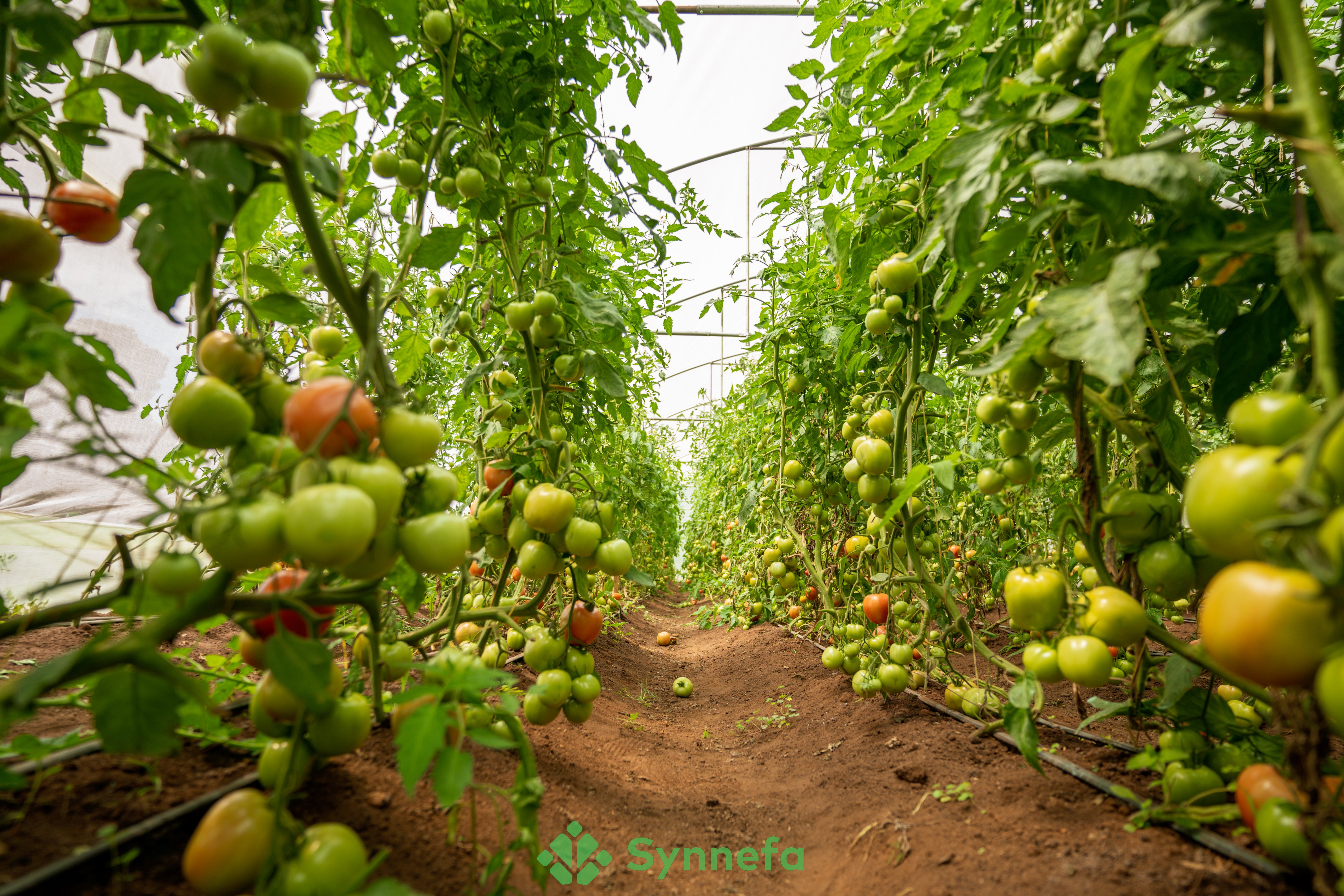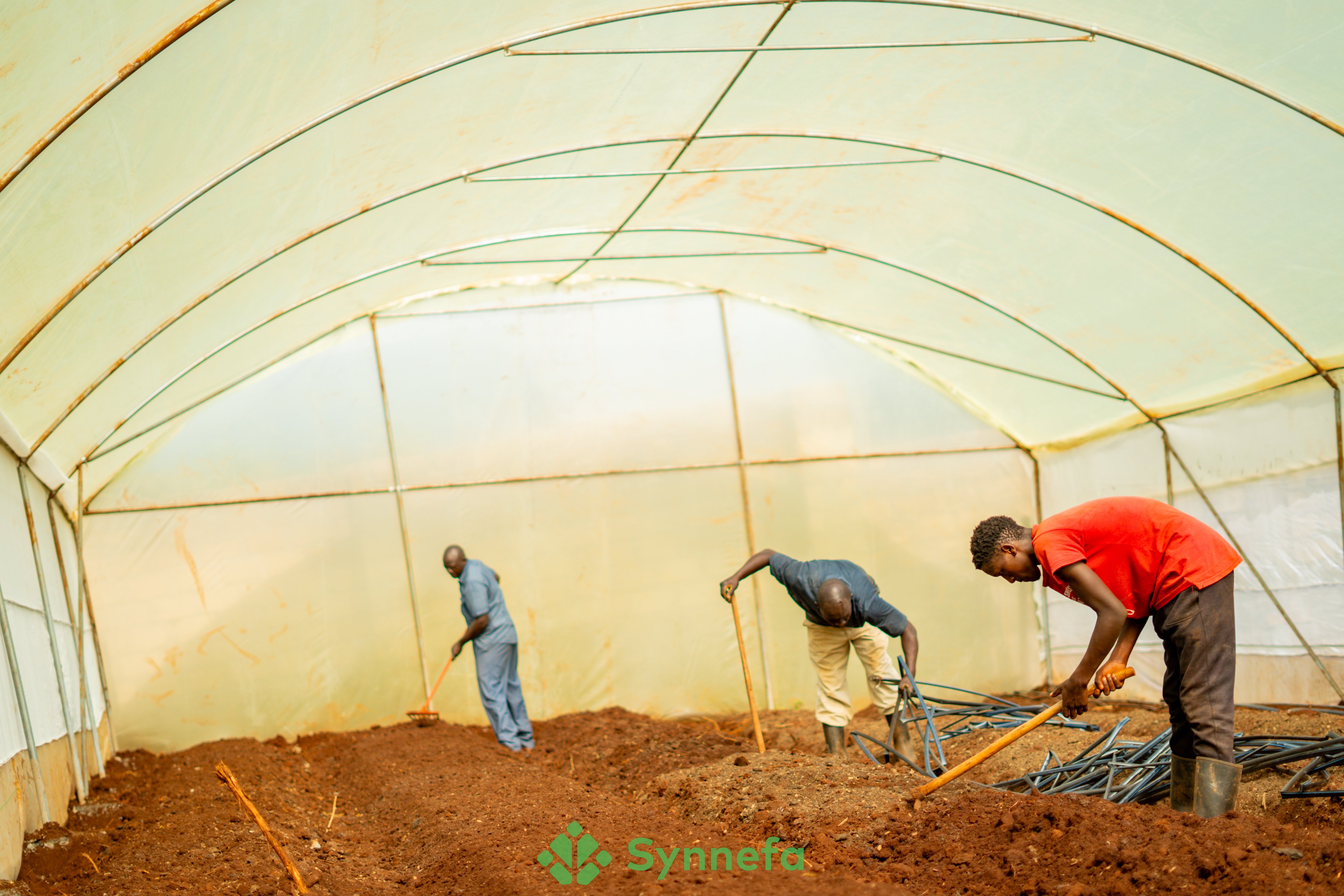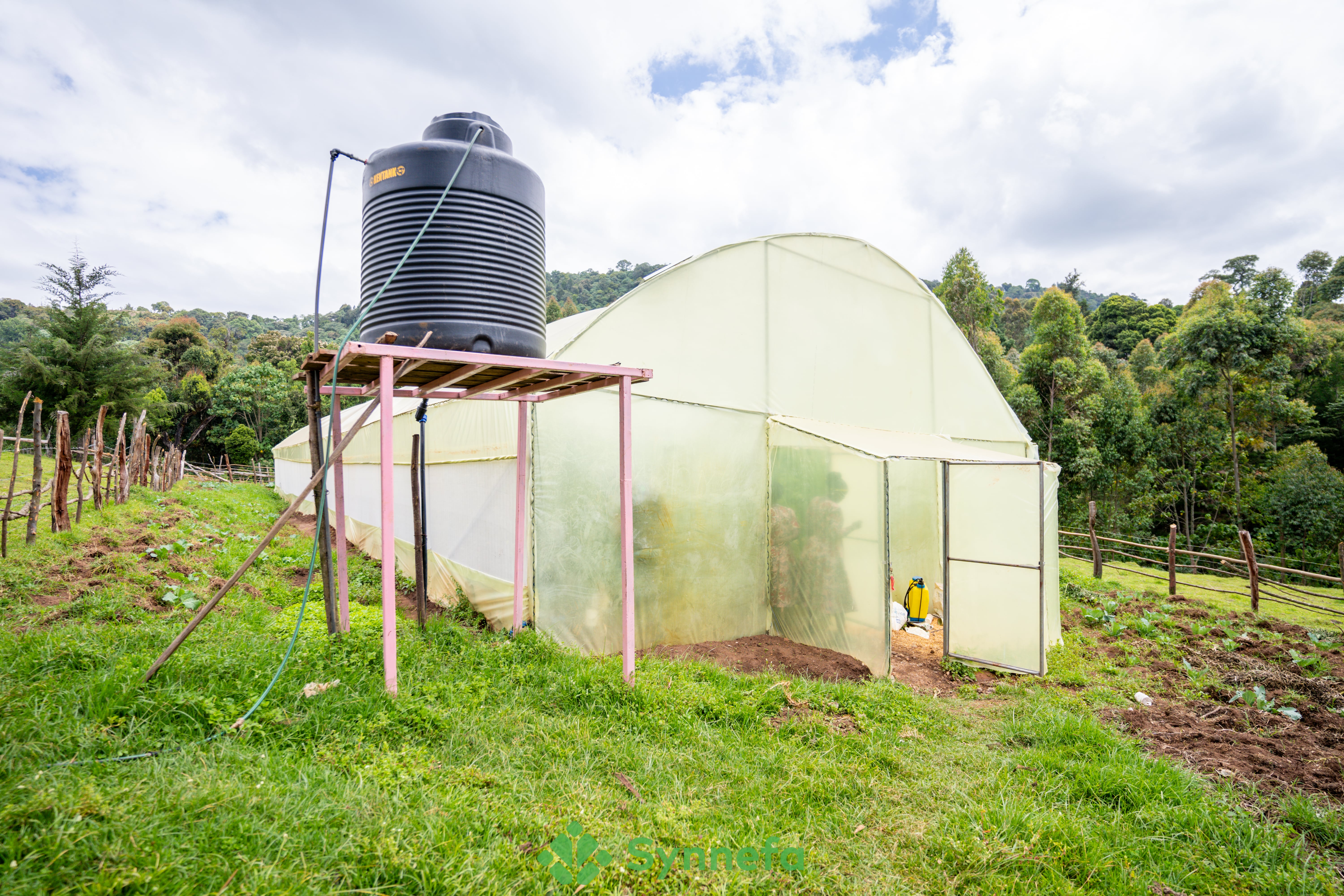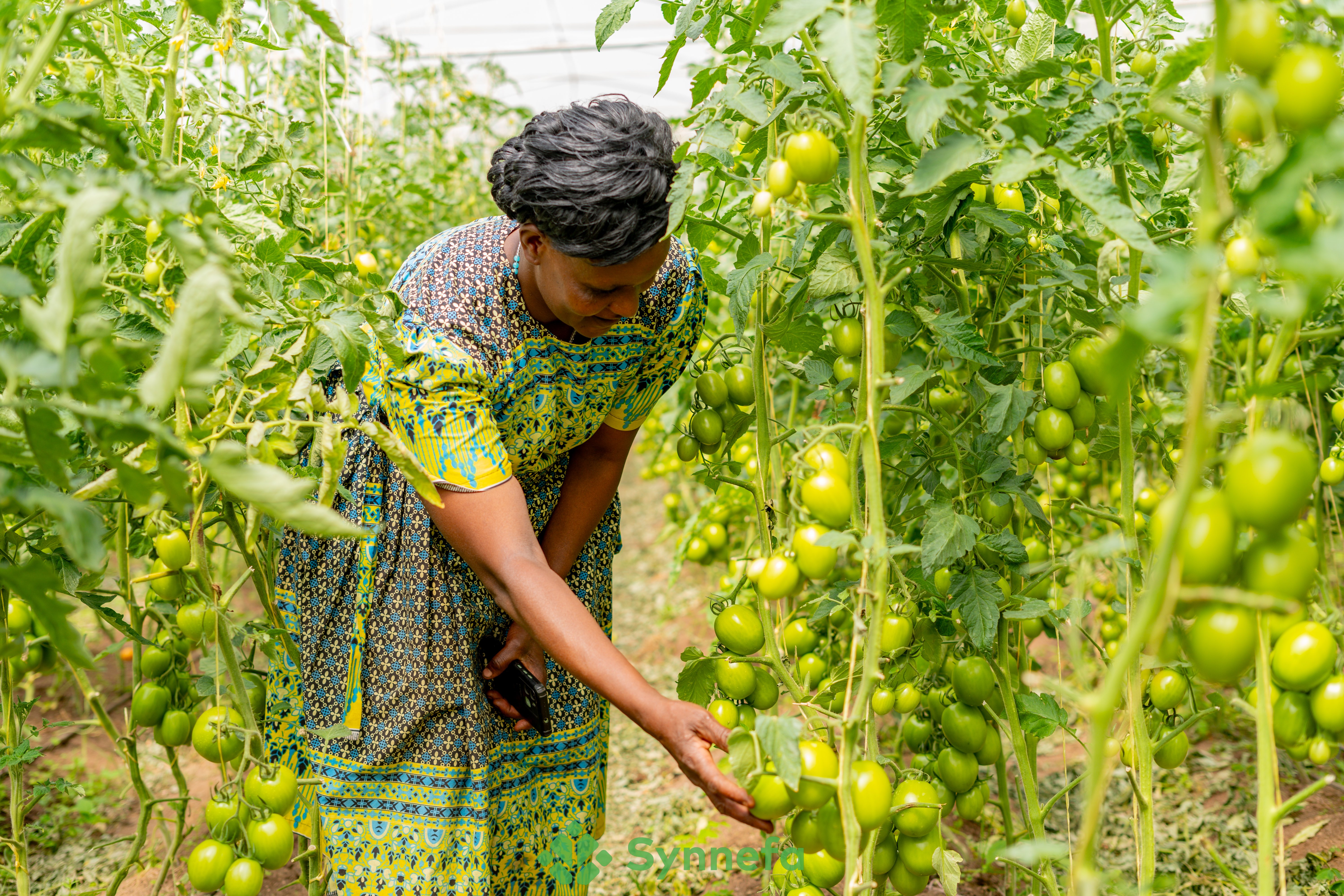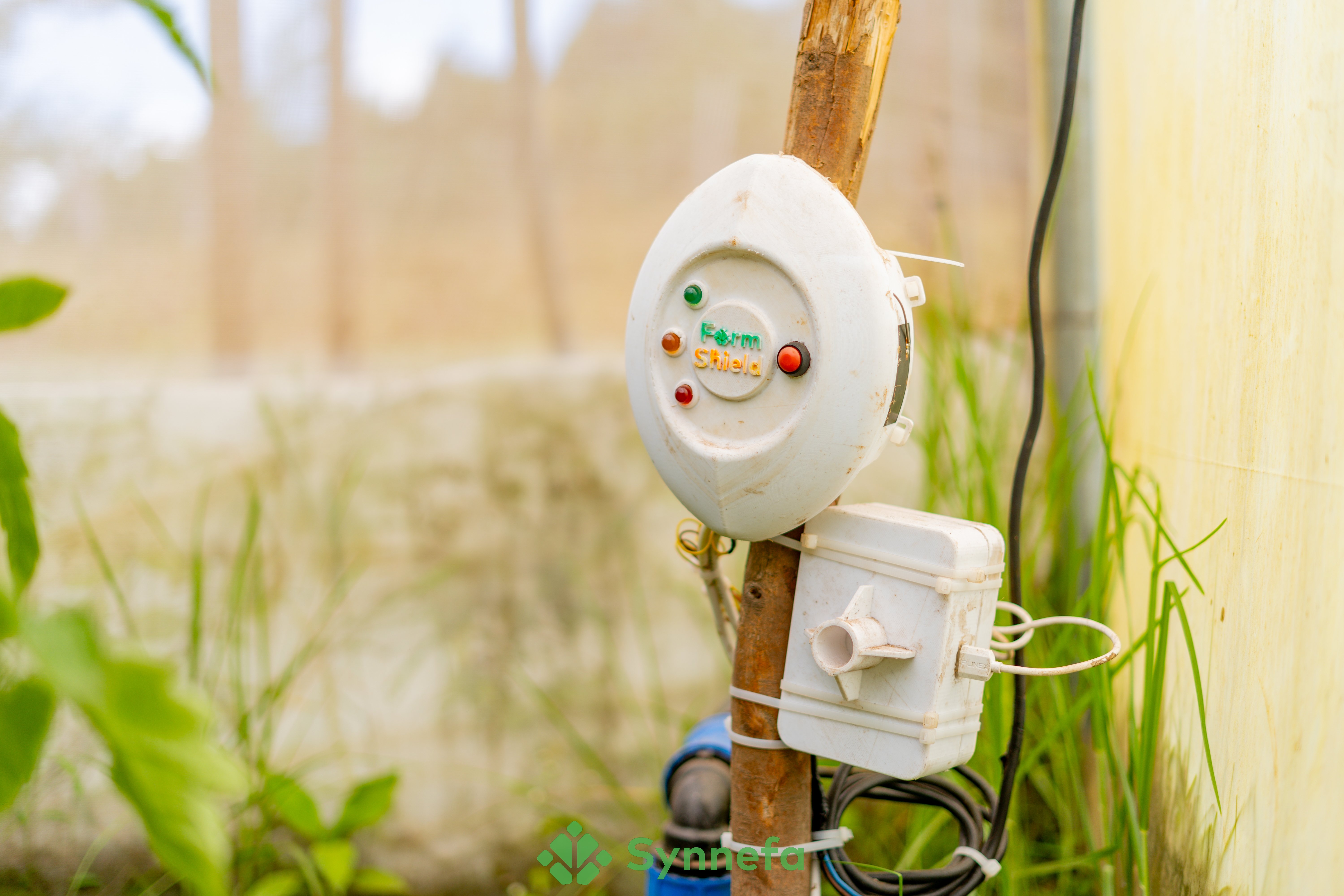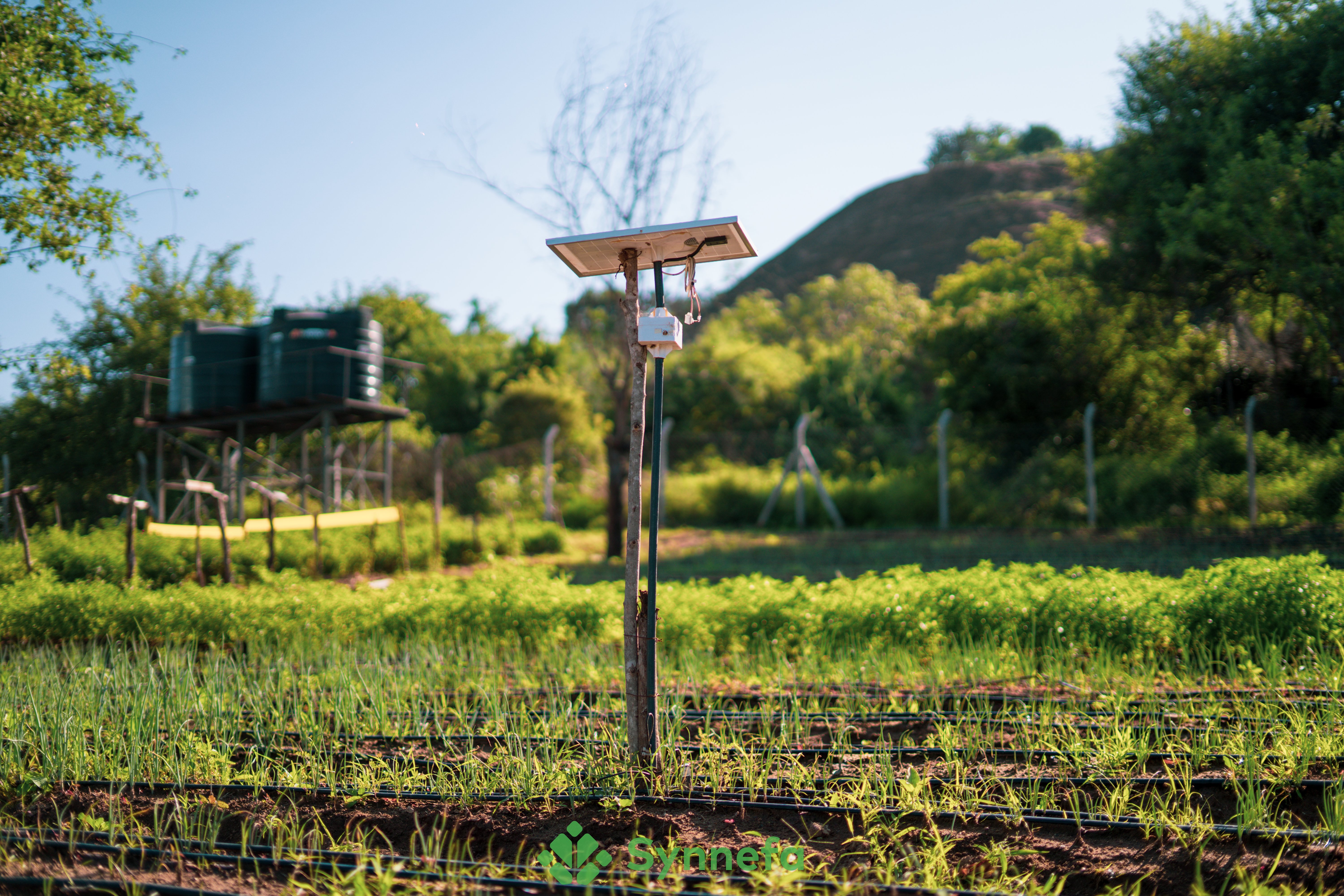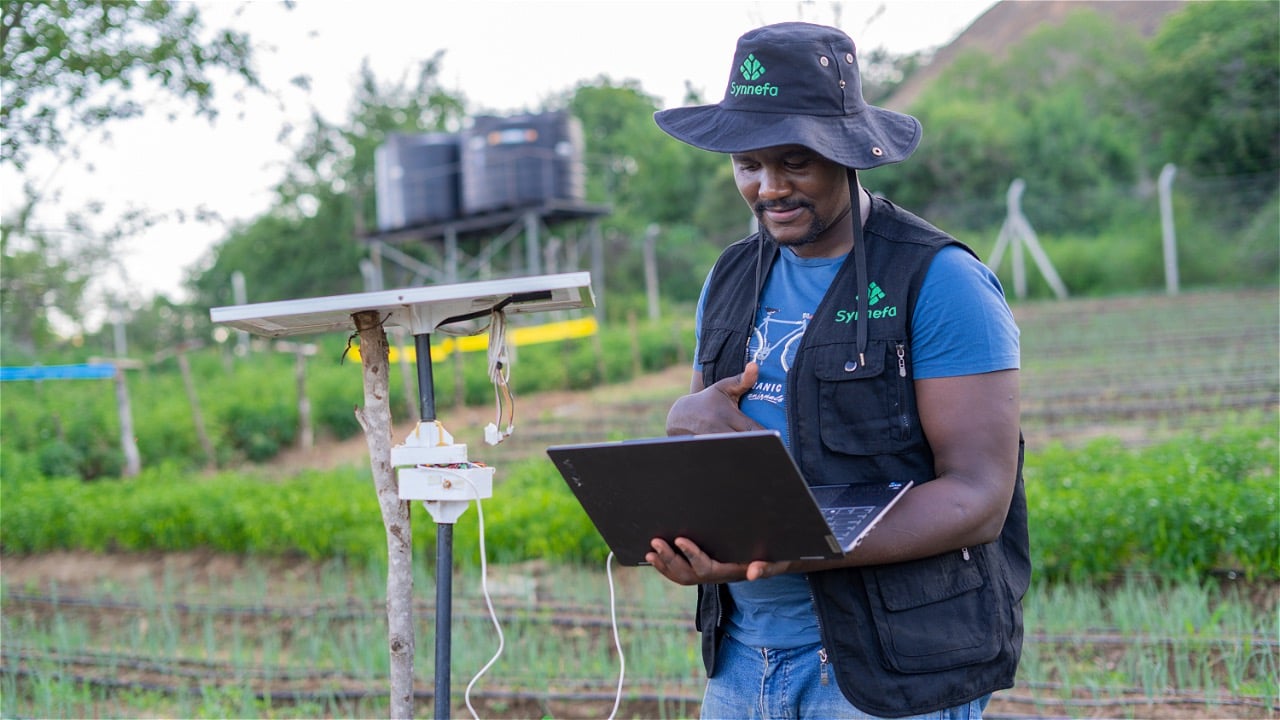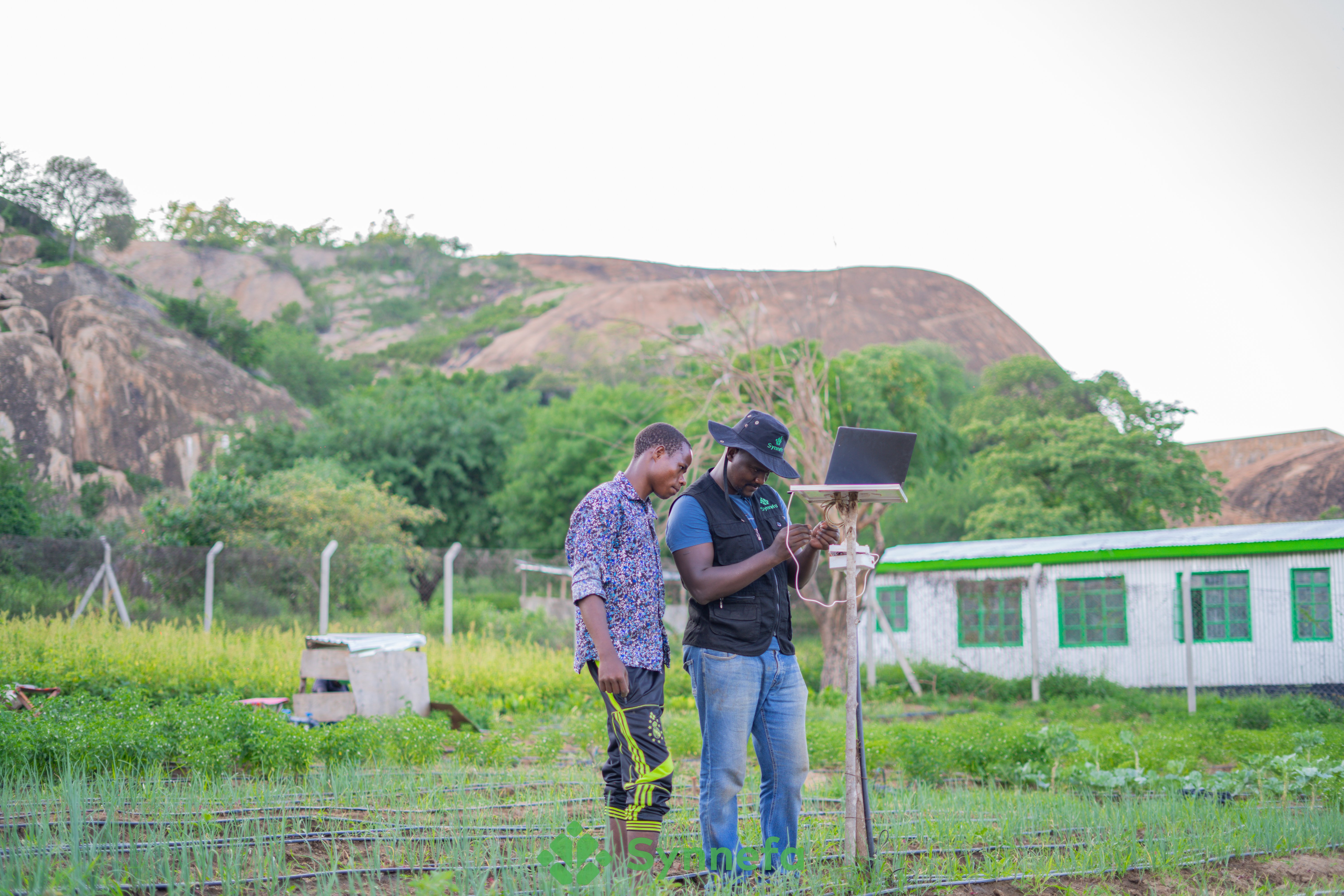8 Tips to Get High Yields From Your Greenhouse
Greenhouses are a farmer’s best friend. They provide a controlled environment that extends the growing season and protects plants from harsh weather conditions. However, to maximise yields in a greenhouse requires more than just planting seeds and watering them. The question remains, what are the best tips to get the most yields from a greenhouse?

